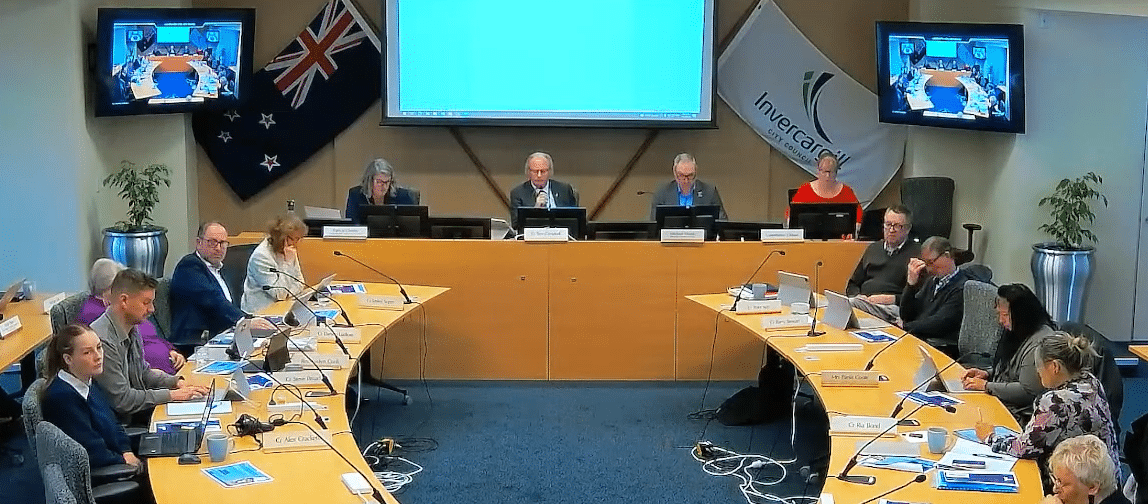
HWR Property Ltd warns that many companies will rethink new projects in the south, if the Invercargill City Council increases its fees and charges under the Long Term Plan.
Property manager Sue Hill spoke at the LTP hearing last week and her submission was on ensuring the ongoing viability of building and upgrading commercial properties in the city.
Council’s proposal to take away the fee cap of $22,000 for projects up to $3 million would double resource consent fees and make it especially hard for companies to meet new earthquake strengthening deadlines.
“We already have derelict buildings all over the place.”
She said HWR had made a lot of progress with improvements to buildings around the city, such as Motorcycle Mecca, but the budgets were now increasingly too high.
The company dealt with councils all over the country, in particularly Queenstown Lakes and Central Otago, and the fees are a lot less than in Invercargill.
“And in our experience most councils also have a faster and more efficient service….I’m not telling you how to suck eggs but it could be made easier,” she said referring to its slow internal systems.
She gave an example of the Clifton storage shed consent fees being $37,658, but under the proposed changes that would increase to $45,500.
Those costs then had to be passed onto the consumer and it would push that out of the scope of what people could afford.
The same consent in Cromwell for Parkburn was only $29,000 under the Central Otago District Council.
“So you can see where we are coming from in terms of business.”
She said HWR had invested millions into upgrading their old buildings and honouring the heritage of the city. But the proposed costs would make it difficult for business owners to do any work on their old buildings.
“We have created jobs and tourist attractions and I think this is a backward step. It will have a ripple effect across multiple industries and is the opposite of what the Government is doing.”
Sue said HWR had already started to have a rethink about some of its projects as a result, and some construction companies had done the same.


